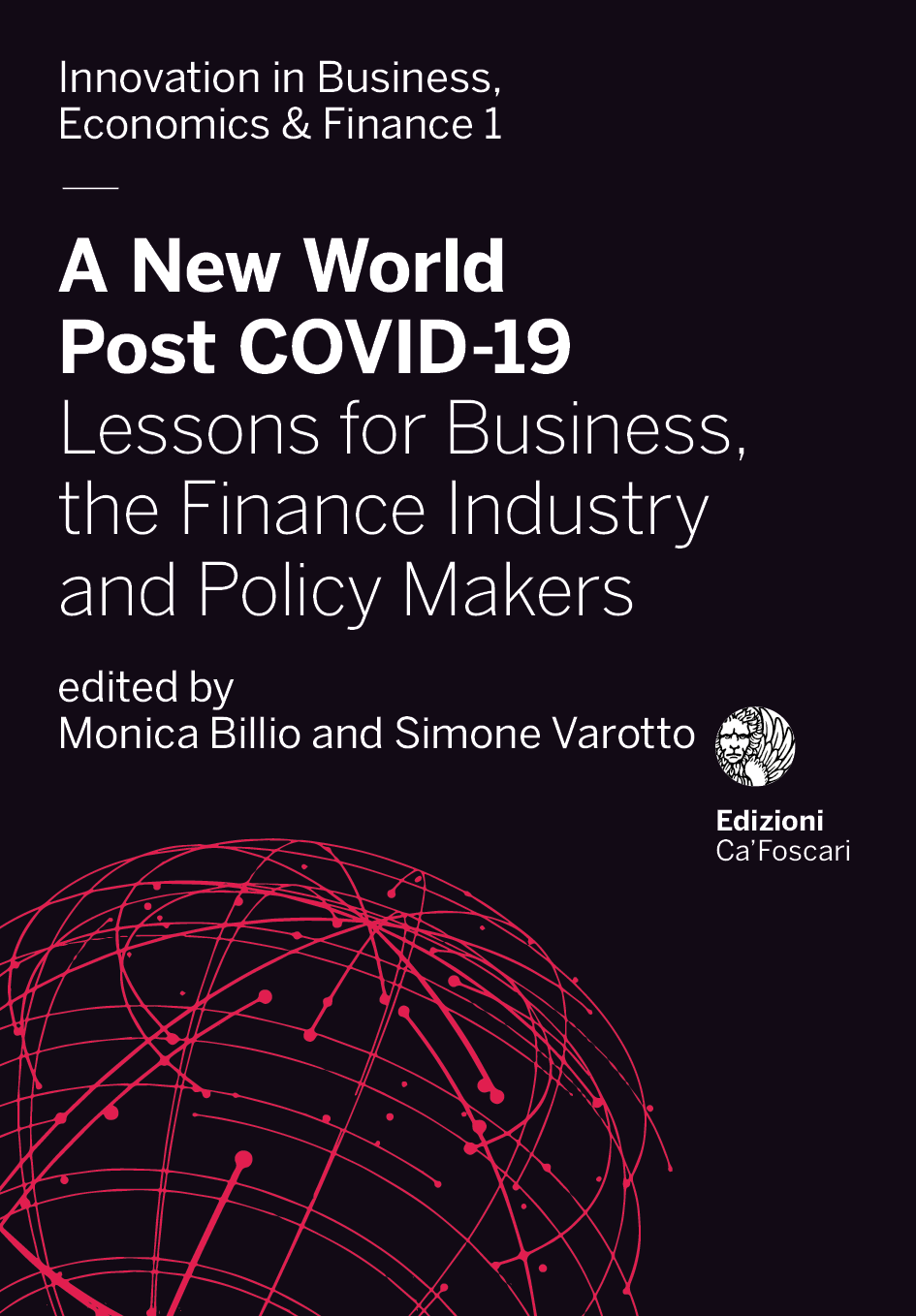- search 331 views
- file_download 21 download
- keyboard_capslock metadata
-
mark_email_readIscriviti alla newsletter
Avoiding a Great Depression in the Era of Climate Change
abstract
If loan issue falls faster than repayments, money becomes increasingly scarce, leading to deflationary pressures and unemployment. Central banks have responded by ‘quantitative easing’, a regressive form of money printing which buys off the national debt. Such credit could instead finance green infrastructure, health and social care, a basic income, and debt relief. Fiscal policy expansion which is not monetised, in contrast, results in crowding out. Given the ecological crisis caused by greenhouse emissions, the aim ought not to be resumption of business as usual. A social-ecological response to the crisis would deploy a mixture of public credit creation deployed in prioritised sectors, progressive taxation, and direct curbs on greenhouse emissions.
Keywords: Quantitative Easing • Unemployment • Climate change • Great Depression • Fiscal policy • Central Bank
